
- cart Free Trial
Book your Bespoke Consultation Now! Book Consultation
CHANGING THE NARRATIVE
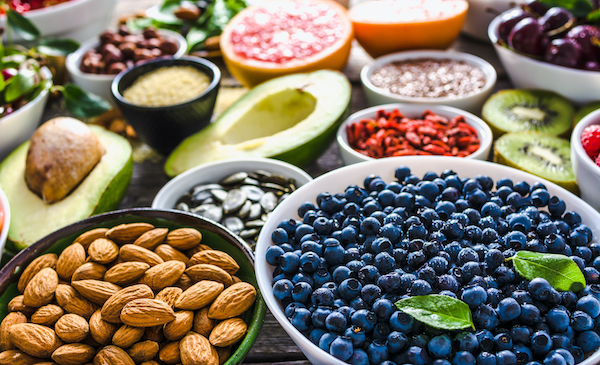
When it comes to training, do you struggle to decide when and what to eat for you to perform at your best and get the best results? Don’t worry, you’re not alone. There’s an overload of information online, that can be overwhelming and confusing. Read on to learn the basics of pre-workout nutrition, so you can make an informed decision that works best for you.
‘Nutrient timing’ is the application of knowing when and what to eat before, during and after exercise. It is designed to help athletes, exercise enthusiasts, and everyone in between, optimise their performance and recover efficiently.

There are 3 main areas nutrient timing can help with:
1 PERFORMANCE DURING TRAINING SESSION
2 ADAPTATION
3 INJURY PREVENTION
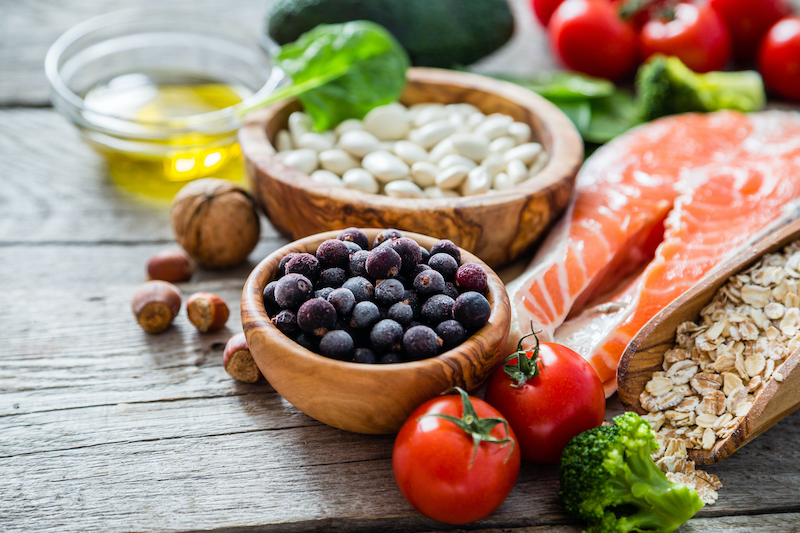
PRE-WORKOUT NUTRITION
When it comes to pre-workout nutrition, eating before exercise generally improves performance. A study at the University of Rennes found little evidence to support the notion that fasted-training increases overall fat loss and recommends that high-intensity training while fasting should be avoided.
When deciding what to eat before training, here are a few things to consider.
1 FUEL FOR THE WORK REQUIRED
Firstly, ensure you are consuming enough calories and carbohydrates to fuel the workout you are about to perform. This could be as simple as adding an extra meal and/or snack to your daily meal.
Differentiating carbohydrate needs between a relaxing restorative yoga class and a HIIT class are pretty clear. However, it gets a bit harder differentiating between cardio & strength sessions as both can be intense in their own way.
A great way to predict how much energy you need is to judge the level of intensity of your workout. This can be done using the ‘Rate of Perceived Exertion’, which is based on how much possible effort you plan to put in from 1-10. The higher the rating, the more fuel you will need.
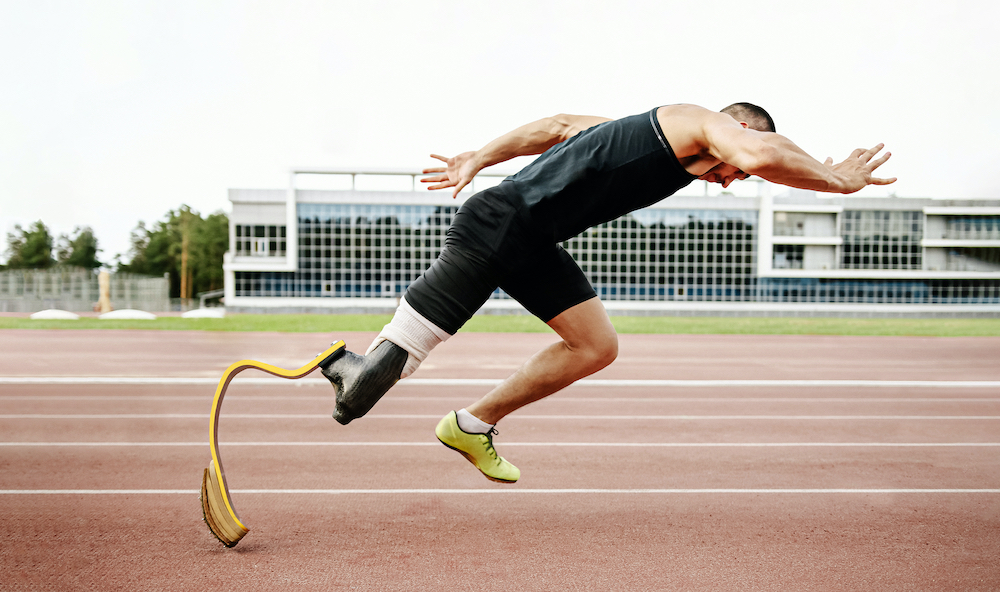
2 CARBOHYDRATE INTAKE SHOULD REFLECT THE WORKOUT DURATION AND INTENSITY
Carbohydrates provide the fuel for the workout, especially if the intensity of your session is 60% or more of your maximum and/or the session is more endurance based.
For cardio & endurance-based workouts, try the following guide:
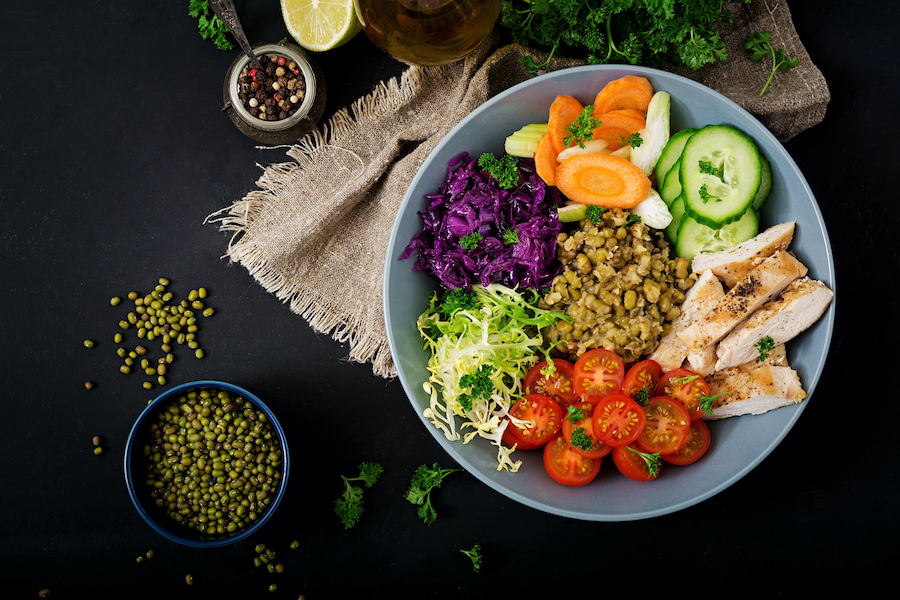
3 WHEN YOU EAT WILL DICTATE THE SIZE OF YOUR MEAL
If don’t plan on having an additional meal before training, then you probably want to eat your last meal long enough before exercise to allow for near-complete digestion of the meal (approx. 1-4 hours). If you do not give enough time for digestion, you put yourself at risk of digestive issues like cramping, bloating and/or frequent bathroom use.
If need be, you can still consume a smaller snack closer to your workout (approx. 60-90 minutes before) – provided you are familiar with foods that are unlikely to give you any digestive issues. There is such a wide range with regards to when to eat your final pre-workout meal because everyone is individual – some people digest foods faster than others.
Given all that, what does the ideal pre-workout meal or snack look like?
Your pre-workout meal/snack should:
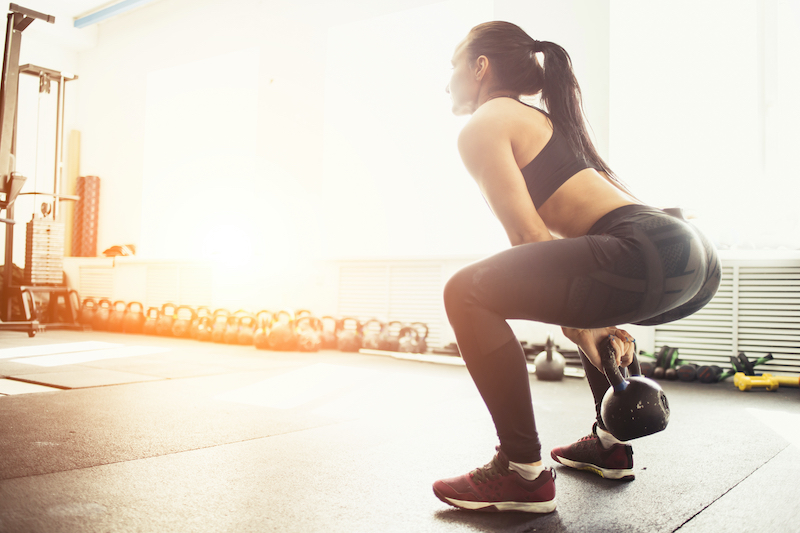
4 PRE-WORKOUT SUPPLEMENTATION CAN HELP IF NEEDED – BUT IS NOT A NECESSITY
From elite performance to the everyday gym session, pre-workout drinks are becoming more common. They are more often than not a cocktail of ingredients & “proprietary blends” that have minimal research to back them.
That being said the following supplements are contained in many pre-workout formulas, and the International Society for Sports Nutrition has shown them to have some beneficial effects:
• Caffeine: Improved cognitive performance, focus, alertness, reaction times.
• Beta-Alanine: May improve your ability to maintain performance at high intensities.
• Creatine: Can improve maximal force output and rapid recovery during shortened rest periods.
• Citrulline Malate: Improves blood flow to working muscles, and may improve power output.
Before jumping straight to a pre-workout formula, ask yourself whether you can achieve the same benefit through food. If the answer is no, then there are many trusted sources out there such as Examine.com & Labdoor.com that can help you make an educated decision on what to have.
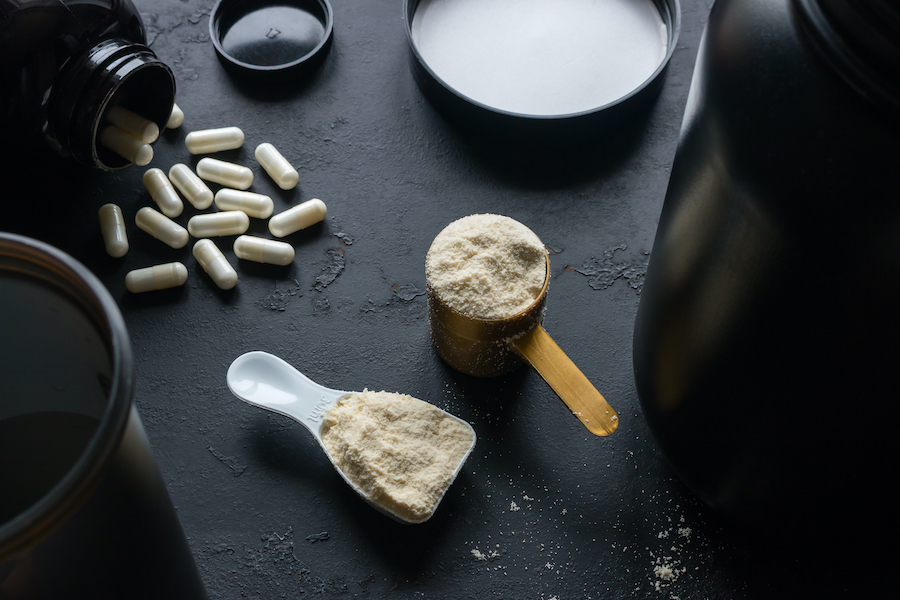
A reminder that every body is different and constantly changing. What works for you today, may not be effective in 3 months time. What works for someone else may never work for your body and may actually be detrimental to your training. So stay present, how do you feel before, during, and after your workout?
Try keeping a training/food diary and notice how your performance varies because of this. If not, reach out to a coach, PT or nutritionist, to help get you on track.
– JD (@nutritionbyjd)
